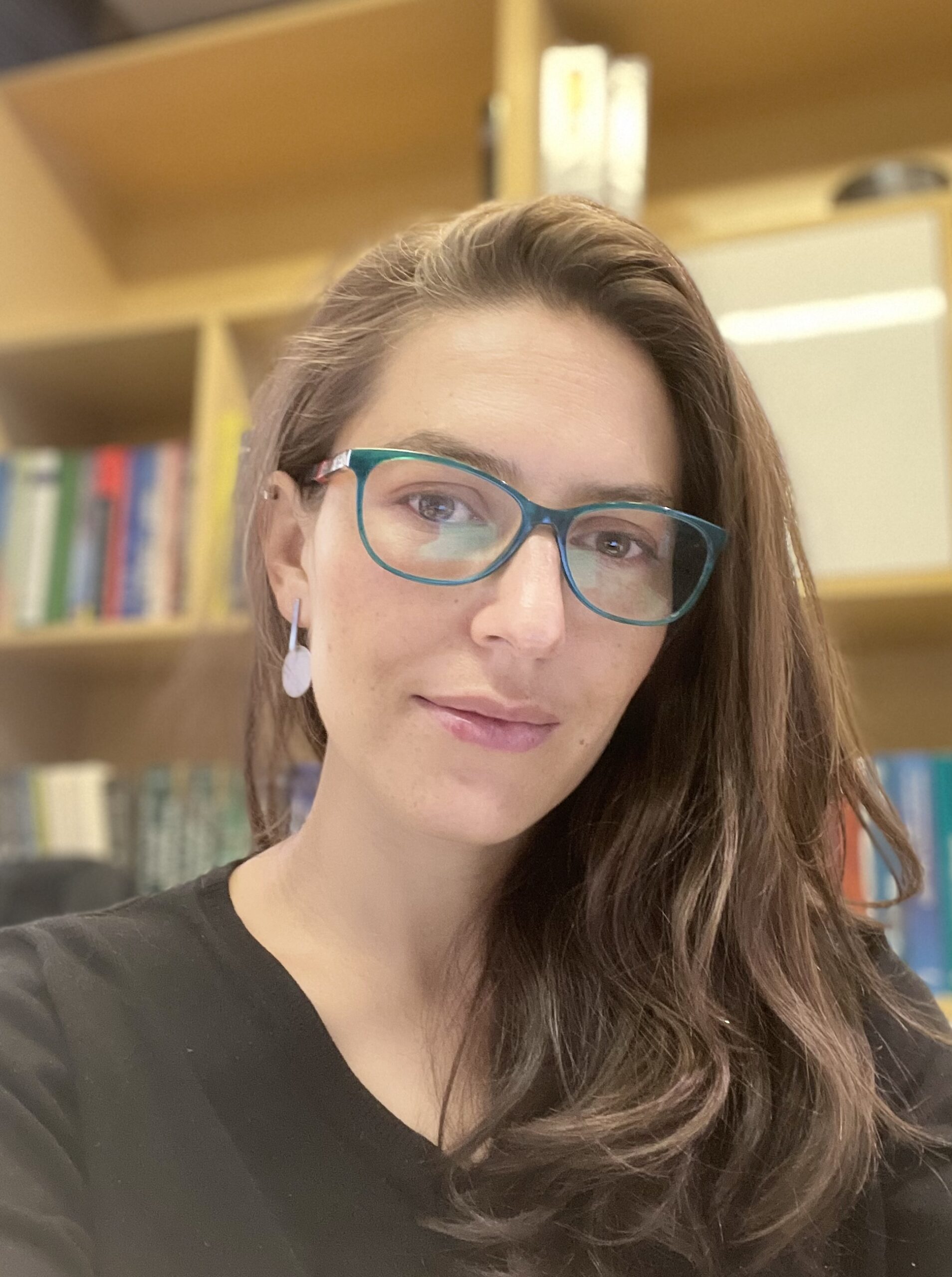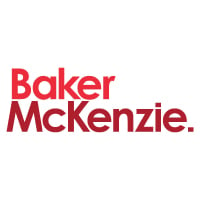

Legal manager | Caracol Television



Cristina Moure Vieco
Legal manager | Caracol Television
Team size: 11
How do you approach managing legal aspects during periods of instability or crises, and how does your legal strategy align with the broader business strategy to ensure the organisation’s resilience?
Periods of instability often bring considerable stress for both the business and its workforce, frequently resulting in additional workloads. A healthy company facing such scenarios must respond proactively, seizing the opportunity to review and improve its procedures and policies. It must also innovate and explore new business opportunities.
During these times, legal management must be conducted with accuracy and meticulousness to avoid creating further contingencies or crises. Simultaneously, as the company is compelled to innovate, legal research and investigation into strategic issues must be anticipated to provide the necessary knowledge and creativity to support new business initiatives effectively.
What are the major cases or transactions you have been involved in recently?
In early 2025, Caracol launched its own entertainment streaming platform, offering on-demand content, fast channels designed by Caracol, its own digital and broadcast signals, as well as licensed third-party content and channels. This launch is part of the large-scale business transformation Caracol has pursued since 2020.
The project presented significant challenges for the legal team, including clearing the entire content catalogue to verify all necessary rights and conditions. We also had to negotiate contracts for the design, coding, development, administration, and maintenance of the platform, as well as specific software licences. This required expanding our legal expertise in the conditions and critical aspects of such services to safeguard Caracol’s business strategy for this new platform.
Additionally, the team needed to deepen its understanding of distribution rights related to this new form of content exhibition and the various licensing and monetisation models prevalent in this market, to provide comprehensive legal support vital for the platform’s creation and operation.
What emerging technologies do you see as having the most significant impact on the legal profession in the near future, and how do you stay updated on these developments?
In media and entertainment, generative artificial intelligence (AI) is having a profound impact. Beyond the ethical debates it raises, it also presents considerable legal risks that must be carefully evaluated.
Media outlets engaged in responsible information dissemination—supporting democracy and freedom of the press, opinion, and information—must consider strategies to verify and control, as far as possible, the spread of misinformation and fake news. This includes content created using deepfake technologies that digitally manipulate real videos of public figures, such as news team members, to fabricate false content. Preventing these activities outright is virtually impossible, but media companies must be aware of technological tools to counteract them and legal remedies available in other jurisdictions, as such content is often hosted abroad on websites or social media platforms domiciled outside the country.
Another critical issue is the use of generative AI in entertainment content production, raising questions around authorship and ownership. Different jurisdictions and courts hold varying views rooted in their legal traditions regarding whether creativity and authorship are inherently human attributes. This creates uncertainty in identifying authorship for works produced with AI tools. Furthermore, legal claims alleging AI has been trained on unauthorised materials add further complexity and uncertainty.
How do you prioritise diversity and inclusion within your legal department, and what initiatives have you implemented to foster a more inclusive and equitable work environment?
Throughout my time selecting team members, I have recognised the importance and benefits of diversity and inclusion. While our work requires specialised legal knowledge, particularly in regulated areas, Caracol’s commitment to reaching new audiences and providing national broadcasting makes diversity in generations and backgrounds highly valuable.
In recruitment, we consistently seek candidates from different cities across the country, with varied work experiences. We deliberately avoid narrow filters based on a limited list of law schools, aiming instead to build a team with a broad spectrum of perspectives, life experiences, and expertise—not only in legal matters but also regarding entertainment preferences, technology knowledge, and approaches.